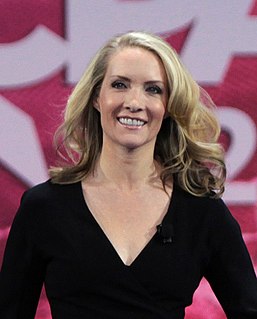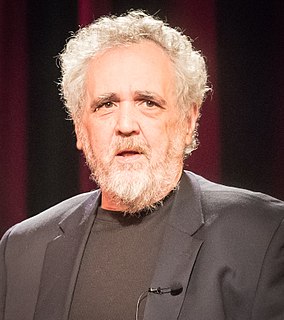A Quote by Joe Green
Grassroots organizing tends to be most available to big campaigns, but it's actually most useful to small ones. You can't win a presidential campaign without going on TV, but you can win a local election simply by organizing your community. NationBuilder levels the playing field.
Related Quotes
The idea of protest organizing, as summarized by community organizer Saul Alinsky, is that if we put enough pressure on the government, it will do things to help people. We don't realize that that kind of organizing worked only when the government was very strong, when the West ruled the world, relatively speaking. But with globalization and the weakening of the nation-state, that kind of organizing doesn't work.
After the election of George McGovern in 1972 as a peace candidate - I should say his election to the nomination of the Democratic Party - the party changed the rules to steeply tilt that playing field, creating superdelegates and Super Tuesdays that make it very hard for a grassroots campaign to prevail.
I think a way to behave is to think not in terms of representative government, not in terms of voting, not in terms of electoral politics, but thinking in terms of organizing social movements, organizing in the work place, organizing in the neighborhood, organizing collectives that can become strong enough to eventually take over - first to become strong enough to resist what has been done to them by authority, and second, later, to become strong enough to actually take over the institutions.
We inherited a national debt that has doubled in eight years. Think of it - $20 trillion. It's doubled. And we inherited a foreign policy marked by one disaster after another. We don't win anymore. When was the last time we won? Did we win a war? Do we win anything? Do we win anything? We're going to win. We're going to win big, folks. We're going to start winning again, believe me.
The important thing to know about playing to win and playing not to lose is that there are actually different neural networks that are being used. It's not very easy to do both at the same time and, if you are trying to have a playing to win mentality, you're going for it, there's some things that trip you up or trigger the wrong neural network. If you start worrying about your mistakes all of a sudden, if you get too focused on the facts and the details, these are going to shift your neural networks and sort of screw up your strategy.


































